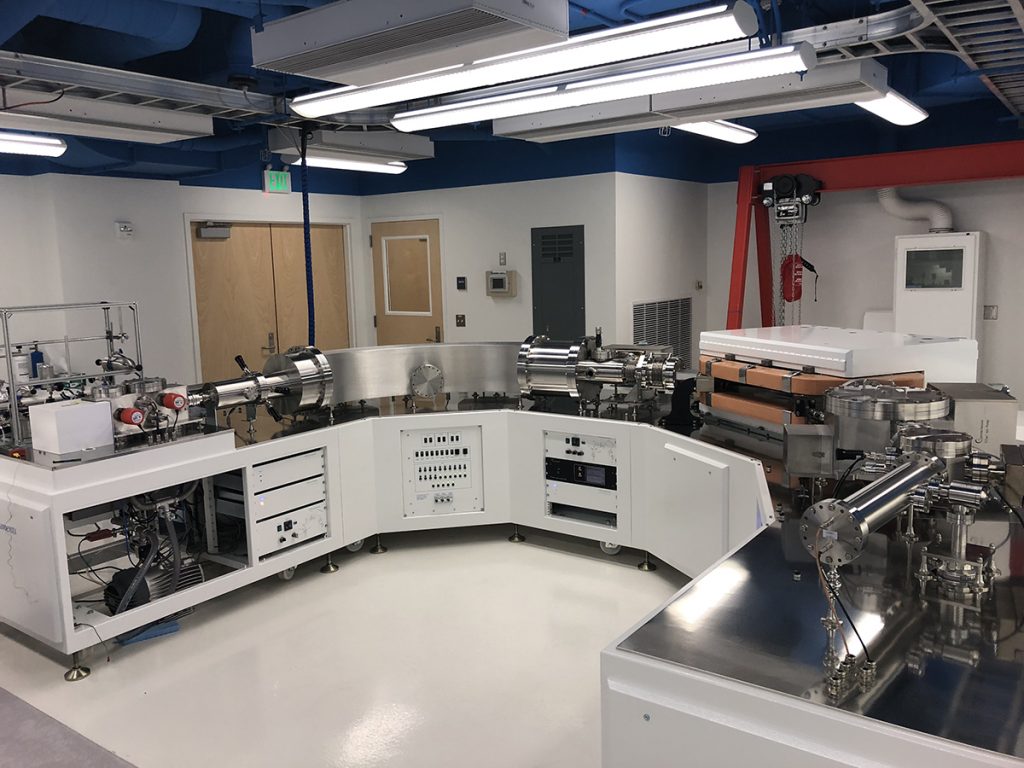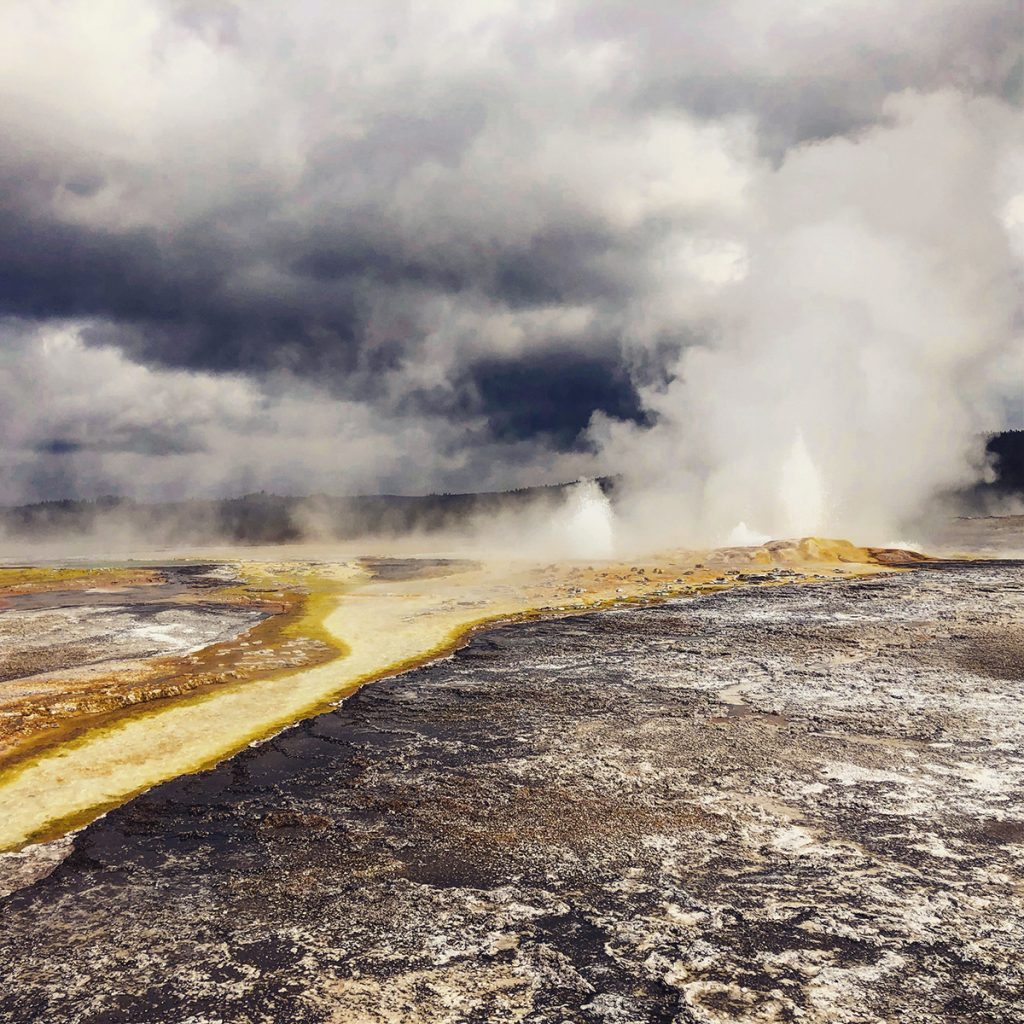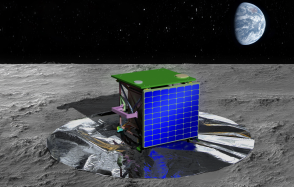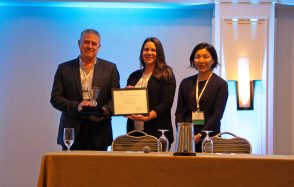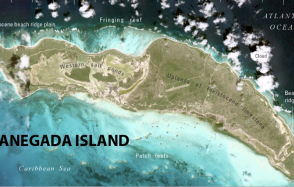A new tool for eruption forecasting
With its 78% nitrogen and 21% oxygen, the Earth's atmosphere is a unique mixture in the Solar System - on Venus and Mars, the atmosphere is essentially composed of carbon dioxide. Oxygen was produced by some of the first living organisms, but where did the nitrogen come from? Did it escape from the Earth's mantle through volcanism?
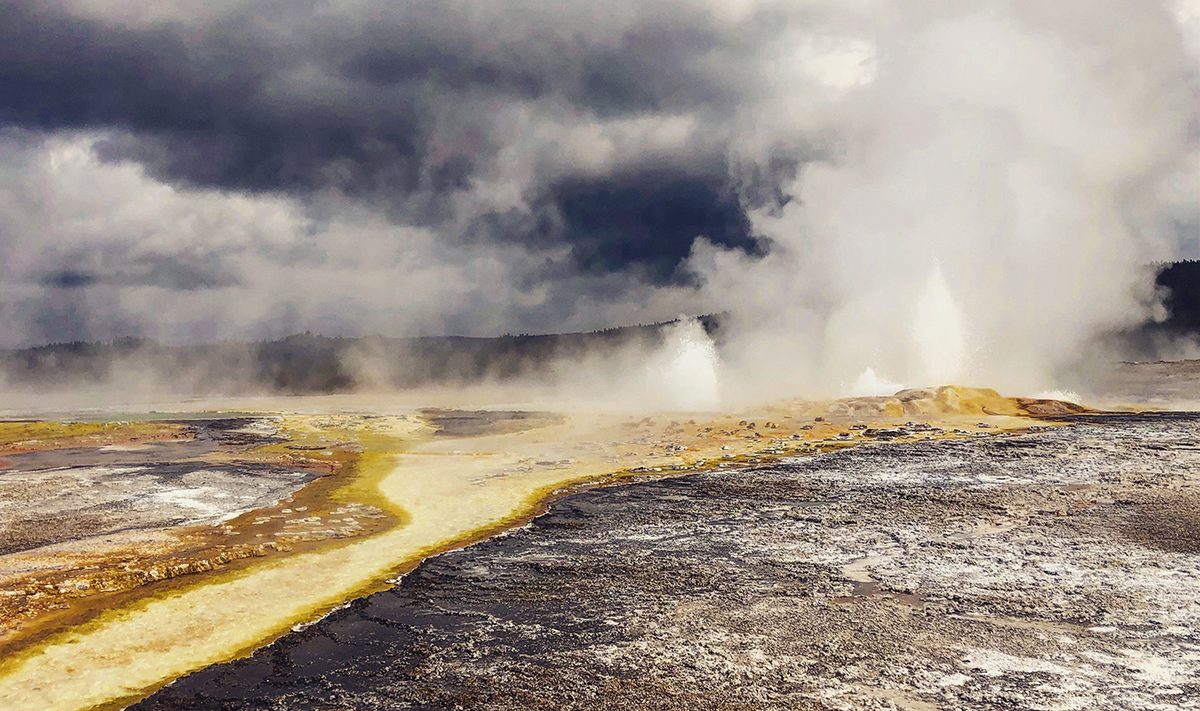
Publication date: 16/04/2020
Press, Research
Related teams :
Stable Isotope Geochemistry
Related themes : Natural Hazards





